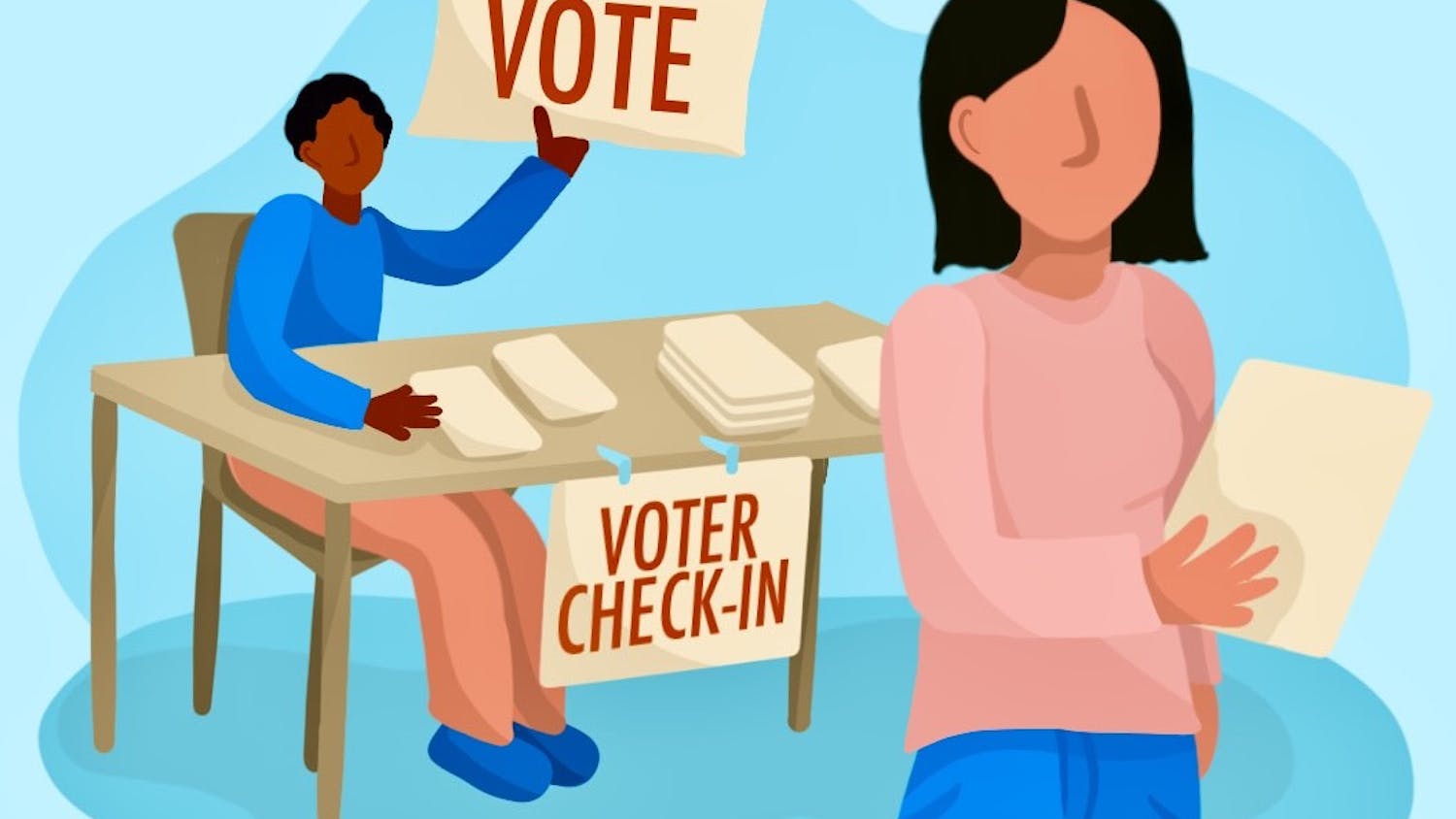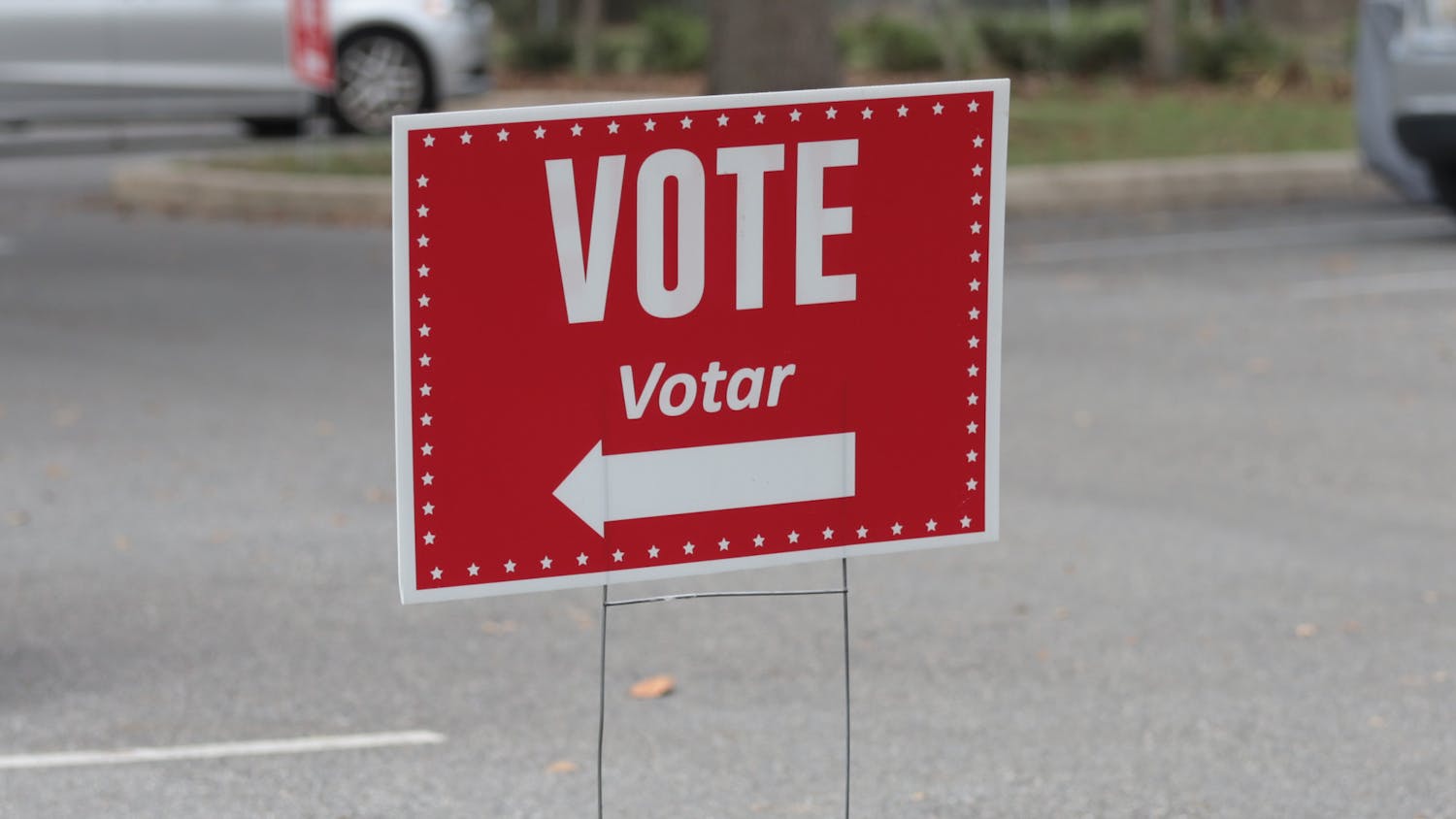Sunday night marked the hotly contested presidential elections for Venezuela, a country that has been under the rule of Hugo Chavez since 1999.
Critics thought the election was pointless, fraudulent and controlled by the current government. Some voters were skeptical about the validity of their votes and if the election would be legitimate.
Those who support the opposition and planned to vote for Henrique Capriles Radonski wondered whether Chavez could be taken down democratically.
Despite these sentiments, millions of people headed to the polls to have their voices heard.
They didn’t let the incredulity of others stop them from practicing their civic duty — even if this meant having to drive for 18 hours, which is exactly what some people did.
In January, Chavez shut down the Venezuelan consulate in Miami, which is home to the largest concentration of expatriates in the U.S. Critics saw this as an attempt to keep nearly 20,000 registered voters from casting their votes.
Officials said they would have to vote in New Orleans, the next closest diplomatic outpost, more than 800 miles away.
Organizers of AeroVotar, a nonprofit initiative to counteract the voting blockade, raised enough money to rent six planes for the election. More than 1,200 Miami Venezuelans flew to the country’s consulate in New Orleans.
Those who didn’t make the project’s waiting list were directed to VotoDondeSea, a similar project busing people to the polls.
People went above and beyond to cast their votes in a questionable election where some speculated foreign votes aren’t even tallied.
Those who distrust the election’s acknowledgment of expatriate votes went as far as flying back to the country for the weekend. The sacrificing of time, money and convenience seemed a small price to pay for a monumental vote.
Their determination inspires but also infuriates me because it increases my annoyance toward peers who are skipping out on our own presidential election.
How, pray you, are we the more developed country when educated people are too lazy to vote? When students prefer staying in and watching “Here Comes Honey Boo Boo” to practicing a legal right?
We should take notes from the Venezuelan constituents who didn’t take their rights for granted. We should look up to those who voted in the South American election and follow suit.
I wish my uninterested friends realized how accessible voting is for them. I wish they realized not everyone could vote. (I’ll be taking my U.S. citizenship exam Thursday afternoon, so I won’t make the voter registration deadline.)
Most of all, I wish they realized “I’m not informed enough” is not an excuse. Every time I hear that phrase, I feel like punching a wall.
“Get informed!” I scream inside my head. “Don’t waste your right.”
I understand the influx of electoral information getting spewed at us is intense, and the media make it hard to differentiate between fact and fiction. But that’s why it’s important to research each candidate, watch the debates and get a feel for the presidential options.
With 63 voting stations in Alachua County and early voting possibilities, Gainesville peeps should have no voting limitations.
If eligible U.S. voters give half the effort Venezuelan expatriates gave Sunday, then Nov. 6 might be just as monumental. Regardless of the outcome, the Venezuelan constituents knew they gave it a shot.
Come on, Gator Nation. Let’s give it a shot, too.
Valeria Delgado is a journalism senior at UF. Contact her at opinions@alligator.org.





